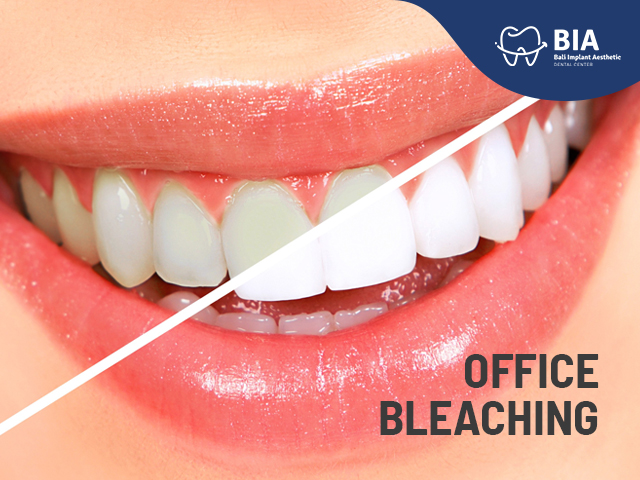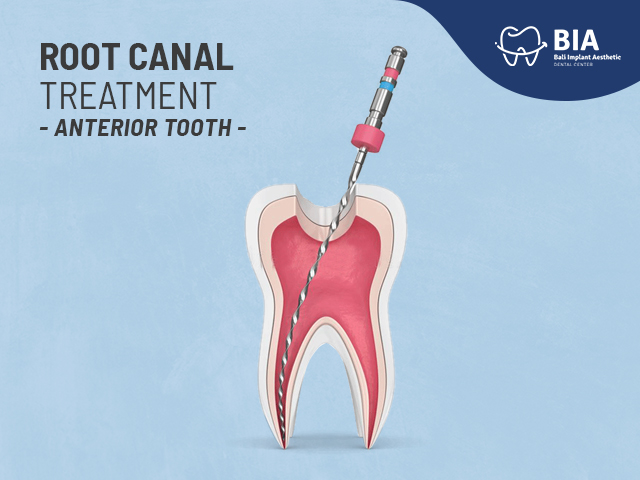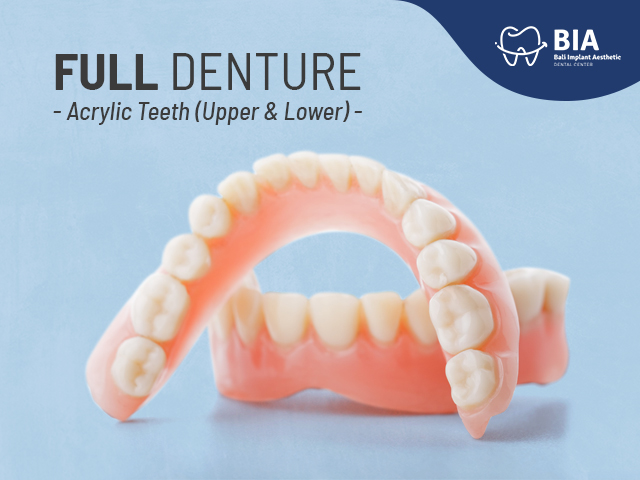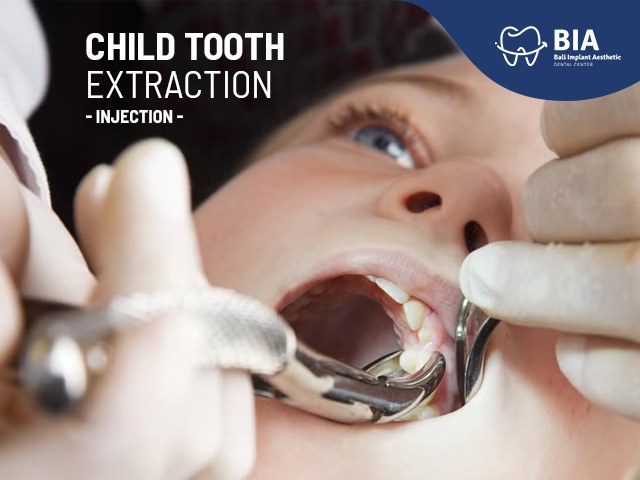Recognizing Mental Disorders
Article | 2023-07-21 12:18:56
Recognizing Mental Disorders
Mental health is one of the important things of a person's health related to the well-being of his life. Mental disorders or mental disorders are an international problem which if not handled will tend to increase every year, and this problem can have a greater negative impact if not treated immediately. The World Health Organization (WHO) states that mental disorders include depression, bipolar disorder, schizophrenia and psychosis, dementia, and developmental disorders. Based on data from the Indonesian Ministry of Health, the highest number of people with mental disorders in Indonesia are in the provinces of DKI Jakarta (24.3%), Nagroe Aceh Darussalam (18.5%), West Sumatra (17.7%), NTB (10.9%) %), South Sumatra (9.2%), and Central Java (6.8%). Based on the results of Basic Health Research (Riskesdas) in 2013, it was shown that the prevalence of emotional mental disorders as indicated by symptoms of depression and anxiety for ages 15 years and over was 6% or around 14 million people, while the prevalence of severe mental disorders such as schizophrenia was 1. .7 per 1000 population or about 400,000 people. The prevalence of people with mental disorders continues to increase every year, so this needs to be a concern for all of us.
Mental disorder is a health condition in which the individual experiences a change in mindset, emotion or behavior or a combination of these three changes. Mental disorders according to the Ministry of Health of the Republic of Indonesia are changes in mental function that cause disturbances in mental functions, so that it can cause suffering to individuals and or obstacles in carrying out social roles. As with physical illness, mental illness also has a cure. Unfortunately, in Indonesia there is a growing negative stigma regarding this mental disorder, where usually people with mental disorders are considered crazy or insane, so that those with mental disorders are increasingly withdrawn and not a few do not dare to seek treatment to treat their mental disorders. Various traumatic events in a person's life can affect their mental health, for example abuse at an early age, childhood trauma, being left by loved ones, losing a job, severe stress over a long period of time without any treatment, being isolated for a long time, to experiencing internal violence. household. Some of the most common types of mental disorders include depression, bipolar disorder, anxiety, post-traumatic stress disorder (PTSD), obsessive compulsive disorder (OCD), and psychosis. In addition, there are some mental illnesses that only occur in certain types of sufferers, such as postpartum depression which only affects women after giving birth.
Mental disorders can be caused by several factors, namely biological factors which include the brain, endocrine system, genetics, sensory, and maternal factors during pregnancy, psychological factors which include early experiences, learning processes, and needs in life, socio-cultural factors which include stratification social, social interaction, family, social change, and social culture itself, and the last is environmental factors. Biological factors or also called organic mental disorders, are influenced by impaired function of nerve cells in the brain, infections for example due to Streptococcus bacteria, congenital abnormalities or brain damage, brain damage due to collisions or accidents, lack of oxygen in the baby's brain during childbirth, history of mental disorders in parents or family, drug abuse such as heroin and cocaine in the long term, and nutritional deficiencies. Psychological factors are caused by traumatic events, such as violence and sexual abuse, losing parents or being neglected in childhood, not being able to get along with other people, divorce or being abandoned by a partner, feelings of inferiority, inadequacy, anger, or loneliness. So it's not surprising that the number of cases of mental disorders during the COVID-19 pandemic has increased, and people's attention to mental health during the pandemic has also increased.
In Regulation of the Minister of Health of the Republic of Indonesia No. 39 of 2016, people with mental disorders are one of the 12 main indicators as a marker of the health status of a family in the context of implementing the Healthy Indonesia Program with a Family Approach. One of the symptoms of mental disorders is the fulfillment of personal hygiene. Dental and oral hygiene is part of personal hygiene. The mouth is one of the main routes of entry and development of disease-causing microorganisms, so it is very important to always keep it clean. Protecting the mental health of all Indonesian people is the duty of all parties. The family's task in dealing with health problems is to recognize deviations as early as possible. Coming to the dental clinic accompanied by someone you trust, such as your family or parents, your partner, or your best friend, can help you feel calmer. Likewise, before and after dental treatment, good communication with the dentist can make you feel better, moreover, you will get a clear picture of your dental treatment and the health condition of your teeth from the dentist, so you can feel calmer. If these methods are not optimal enough to overcome your fear of visiting the dentist, it might be a good idea to consider hypnotherapy to reduce your fear of dentists or dental treatment.
Color can play an important role in creating a certain mood, conveying information, and even influencing the decisions a person makes. Blue or green can make a person feel more calm and relaxed, so they can focus more on what they are doing. Color has also been used as a therapy for physical and mental conditions, although its effectiveness is still debated. BIA (Bali Implant Aesthetic) Dental Center is a dental clinic with experienced dentists in their fields. BIA (Bali Implant Aesthetic) Dental Center is equipped with the latest technology to enable its patients to get the best dental care, comes with predominant shades of blue which makes patients feel more comfortable and calm while waiting in line. The dental treatment room with a beach view and clear blue sky will make you feel calmer and more relaxed during your dental treatment. BIA (Bali Implant Aesthetic) Dental Center is a trusted dental clinic that has been equipped with specially designed facilities to relieve patient anxiety, in addition to enhancing the patient experience while receiving dental treatment. BIA (Bali Implant Aesthetic) Dental Center is committed to focusing on the patient's mental health during dental treatment to support patient welfare. BIA (Bali Implant Aesthetic) Dental Center is a dental clinic located near Kuta and not far from the airport. Don't let dental problems ruin your holiday in Bali, if you are enjoying the beautiful scenery of Ubud and unexpectedly need a dentist, the distance from Ubud to BIA (Bali Implant Aesthetic) Dental Center is approximately 35 km. Trust your dental care to dentists at the best dental clinic in Bali of your choice.
BIA (Bali Implant Aesthetic) Dental Center
Jl. Sunset Road No.168, Seminyak, Badung, Bali Indonesia 80361.
+6282139396161
REFERENCES:
American Phsychiatric Association. 2015. What is mental illness [Internet]. https://www.psychiatry.org/patients-families/what-is-mental-illness
Departemen Kesehatan RI. 2000. Keperawatan Jiwa Teori dan Tindakan Keperawatan. Jakarta.
World Health Organization. 2016. Diakses di https://www.who.int/mediacentre/factsheets/fs396/en/
Kementerian Kesehatan RI. 2023. Definisi Gangguan Jiwa dan Jenis-Jenisnya. Jakarta.
https://yankes.kemkes.go.id/view_artikel/2224/definisi-gangguan-jiwa-dan-jenis-jenisnya
Cleveland Clinic. Diakses pada 2022. Mental Health Disorders.
Mayo Clinic. Diakses pada 2022. Mental Illness.
Cherry, K. Verywell Mind (2020). The Color Psychology of Blue.




